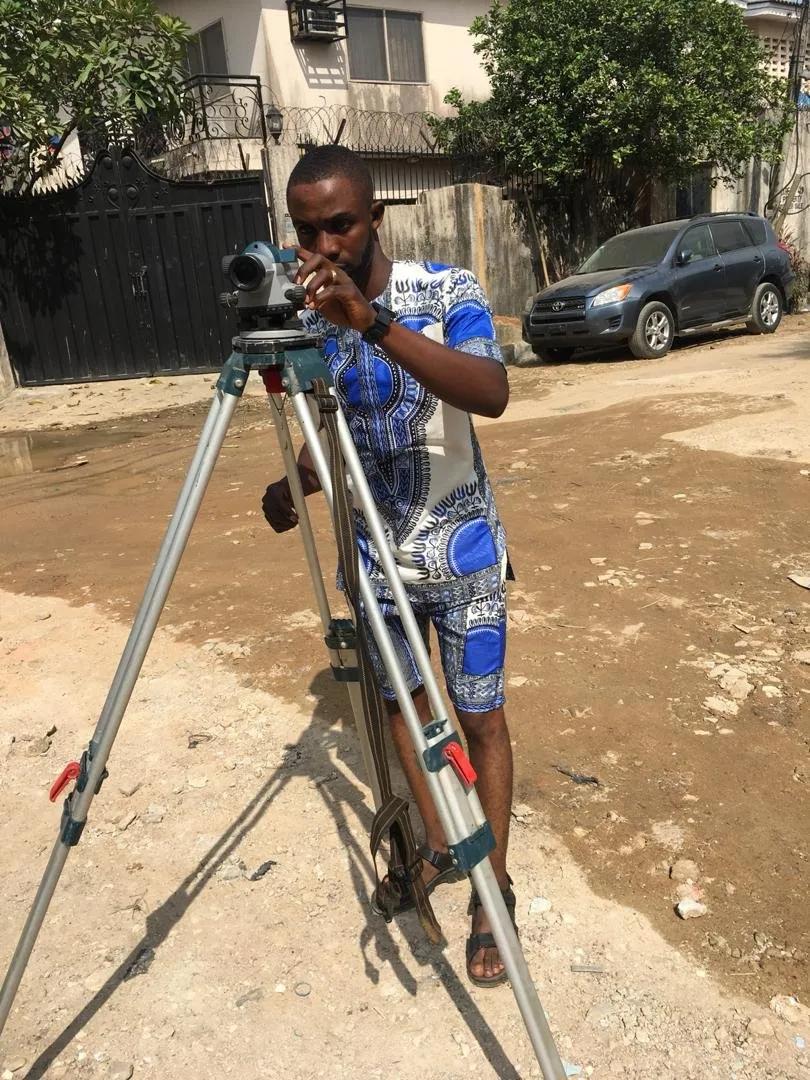
Image Source & Designed On Canva
Before upgrading to a professional level, every professional went through the amateur level. Someone incompetent at a particular activity is said to be an amateur.
Developing your talent is necessary if you want to become a professional in your field, even if you have a wonderful talent for a certain skill.
Any skill's beginner stage is difficult, and some people give up there. They believe it to be too difficult for them and that they will never be professionals. You must be persistent and put in a lot of effort before you can go beyond the amateur stage in a skill.
Nothing beats hard work and consistency in life.
These two factors will transform you from the novice stage to the expert stage.

My Novice Stage As An Engineer
An important field that significantly influences the world we live in is engineering. Engineers are responsible for producing the solutions that affect our daily lives, from designing and constructing structures to developing new technologies and goods.
Engineering work directly affects the country's safety as well as the comfort of Individuals and organisations.
Therefore, engineers must be skilled and experienced. The novice stage is always challenging.

When I was an engineering undergraduate, I used to watch the news on how many different constructions, including bridges and multi-storey buildings, collapsed. I often worry about how I will go past the amateur stage in this field because of this.
I asked my professors this question, and they responded that my years of experience and the project that would be completed in my presence would help me advance.
There is a funny thing about working for an engineering firm, regardless of how brilliant you are or how much research you do. The theoretical aspect and practical aspects are never the same. It is not possible to learn how to design a structure from a video on YouTube.
You must put your classroom knowledge into practice on the project site.

Due to the short duration of my industrial training, I learnt very little about road setting out. I didn't have the opportunity to learn about highway design. I learned how to operate the levelling instrument from my supervising Engineer, and I was able to do so.
However, after my industrial training, I forgot some basic operating techniques of the instrument due to lack of practice.

MY FIRST PROJECT SITE
I had a job with a construction company when I graduated. I was successful on the theoretical exam, but because I lacked experience in the practical section, I was only averagely successful. The Project Management told me that there's always space for improvement in the engineering firm but that he saw tremendous knowledge in me and would allow me to work there.
He went on to say that though I'm still a novice and a recent graduate, so I have done well at my level of experience.
I was given a road to supervise. Since their senior Engineers were not around, to take the interpolation of levels in the drainage excavation. I was told to carry it out, I was so scared and I was shaking.
I didn't want to spoil the good work that has been done by the former Engineer running the project before me.
I quickly went to one of my senior engineers and told him that he should put me through the levelling procedure because I am unable to do it. Since my arrival, I have made connections with some of my senior coworkers, which is one of the reasons why relationships are crucial in life. Thus, I was able to learn from them.
My senior coworker gave me some advice and urged me to try it out slowly so he could come over for corrections after he finished his work.

I made a terrible mistake before my senior colleague arrived, and the excavator operator was complaining in his machine that I wasn't an experienced engineer. I felt so humiliated and ashamed. He invited his friends over so they could witness the mistake I was making.
I was furious at the operator's attitude, but I didn't allow that to affect me. In a short while, my senior colleague arrived and instructed the excavator operator to stop making fun of me and that I was still a recent graduate and would pick things up quickly.
That was how my senior colleague corrected everything before my supervisor arrived.
I became an expert and a quick learner. I learned from many professional engineers day and night for a week and did online research. I was setting out roads like a pro. Together with my senior colleagues, I completed the project. I was moved to another site and did a fantastic job there.
Even if I encountered any difficulties, I used to call professionals, who always put me through.


Now I'm a professional, I set out using a total station instrument and I make use of a levelling instrument with ease. I can design roads and structures successfully.
I'm still a novice in several fields, such as bridge and dam design. Although I can set out a bridge, I cannot design. I can only use another engineer's design to complete my work. I hope to become a professional someday.

To move from amateur to professional status in a particular field, it involves a combination of commitment, hard effort, experience, and continual study.
It's also important to make connections and ask questions from the experts.
Thank You All For Reading
